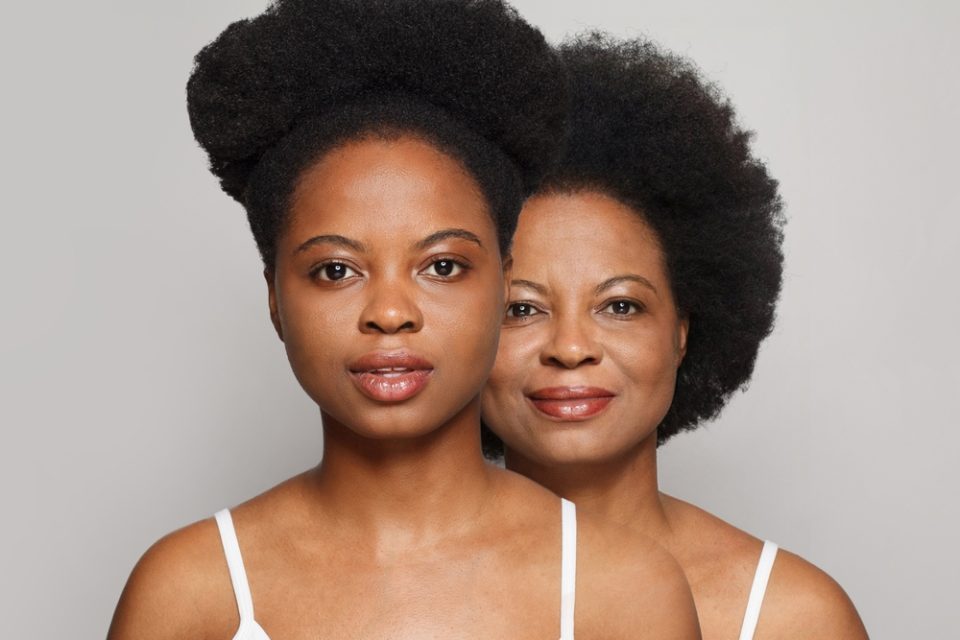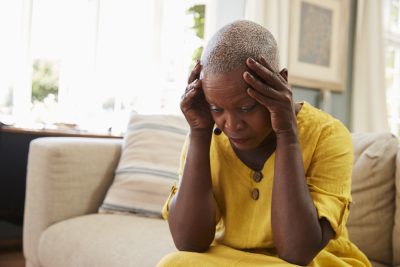
Cancer, a formidable adversary to human health, doesn’t discriminate. It affects people of all backgrounds and ethnicities. However, when it comes to healthcare, understanding your family’s medical history is invaluable. If you’re a Black woman, there are specific questions you should ask your family about their history of cancer, especially breast cancer. In this article, we’ll delve into the importance of this dialogue and suggest five questions to help you gather crucial information.
Breast cancer is the most common cancer among women worldwide, regardless of their ethnicity. However, research has shown that Black women often face more aggressive forms of breast cancer and are more likely to be diagnosed at later stages, leading to lower survival rates. This underscores the importance of knowing your family’s cancer history, as it can be a significant factor in assessing your own risk and making informed decisions about prevention and early detection.
Do we have a history of cancer in our family?
The first question to ask is a broad one. It opens the door for your family members to share any instances of cancer within the family. While this may not focus specifically on breast cancer, it’s a crucial starting point. Cancer can affect various organs and systems in the body, and knowing about any cancer diagnoses within the family can provide important context for your own health.
Has anyone in our family been diagnosed with breast cancer?
Breast cancer is a primary concern for women, and knowing if any family members have had breast cancer is of particular significance. Suppose there is a history of breast cancer in your family. In that case, it’s essential to inquire about the age of diagnosis, the stage at which it was detected, and any relevant details about the treatment process. This information can help healthcare professionals assess your risk and recommend appropriate screening measures.
How old were they when they were diagnosed with breast cancer?
Age at diagnosis is a critical factor in understanding breast cancer risk. Breast cancer can occur at any age, but the risk increases with age. If you have a family member who was diagnosed with breast cancer at a relatively young age, it could indicate a potential genetic predisposition or other risk factors that warrant closer attention to your own breast health.
Are there any other cancer-related conditions in our family?
In addition to breast cancer, inquire about any other cancer-related conditions within your family. This might include ovarian cancer, which is linked to certain genetic mutations that can also increase the risk of breast cancer. Other related conditions to ask about might include prostate cancer or colon cancer, as these can sometimes be associated with hereditary factors that increase the overall risk of cancer within a family.
Have any family members undergone genetic testing for cancer risk?
Advances in genetic testing have made it possible to identify specific gene mutations that increase the risk of developing breast cancer. The most well-known of these mutations are BRCA1 and BRCA2. If any family members have undergone genetic testing and received positive results for these mutations or others associated with breast cancer, it’s crucial to know. This information can significantly impact your own risk assessment and may lead to more proactive screening and prevention measures.
As a Black woman, understanding your family’s history of cancer, especially breast cancer, is a proactive step in taking control of your own health. These conversations can sometimes be challenging, but they are essential for making informed decisions about your healthcare. Remember that a family history of cancer does not guarantee that you will develop the disease, but it can provide valuable insights for risk assessment and early detection.
If you discover a significant family history of breast cancer or other cancers, it’s important to share this information with your healthcare provider. They can work with you to develop a personalized screening and prevention plan that takes your individual risk factors into account.
By having these conversations and taking proactive steps, you can empower yourself to make informed choices about your health and well-being. Knowledge is a powerful tool, and when it comes to cancer, it can be a lifesaving one.
This story was created using AI technology.















